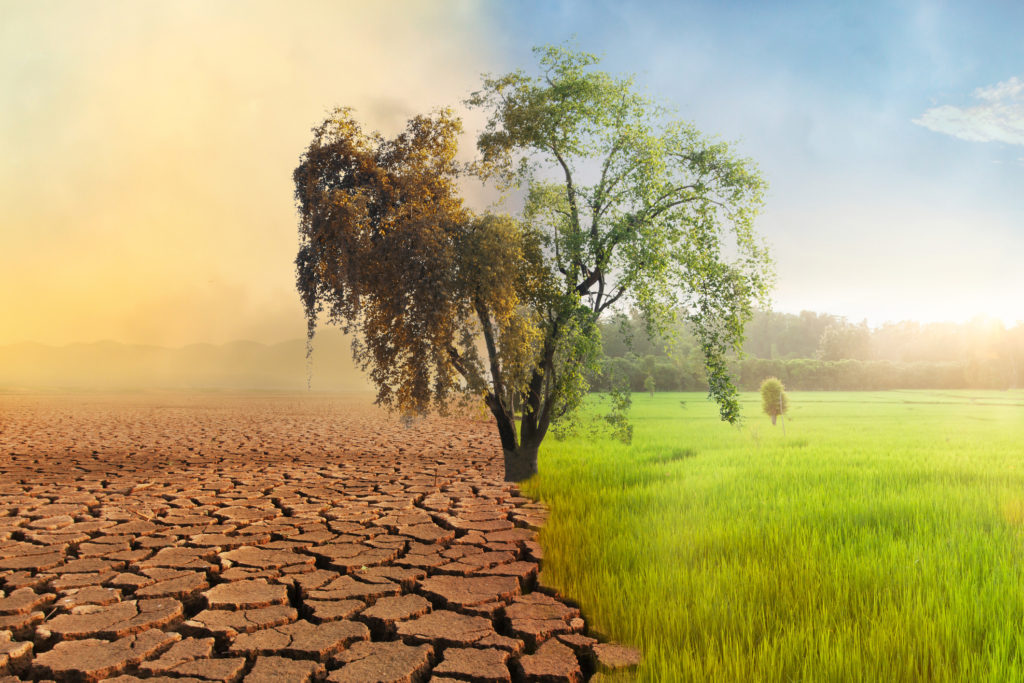3 May 2024 Media Release: Ensuring Access to Safe Water: The Vital Role of Environmental Health Practitioners
Media Release: Ensuring Access to Safe Water: The Vital Role of Environmental Health Practitioners
3 May 2024
The Constitution of South Africa states that: “Everyone has the right to have access to sufficient water “(Section 27 (1) (b).
Water that is unsafe for consumption poses a serious health risk. Those at greatest risk of water borne diseases are infants, the elderly, immune compromised individuals, and those living in settlements without basic water supply and sanitation services.
This is why water quality monitoring is important and encompasses a range of actions by Environmental Health Practitioners (EHP), aimed at ensuring the safety and purity of water sources accessible to communities. These actions include the following:
- Collecting water samples for laboratory analysis.
- Conducting field test on public water supply sources.
- Conducting inspections as part of Municipal Health surveillance programmes.
The role of the EHP: Water Quality Monitoring of Water tanker trucks:
- Water trucking refers to the bulk transport of water from the source to a storage facility near a distribution point. During the acute and stabilisation phases of an emergency, these trucks may be used to provide short-term transport of water to communal water points.
- The water transported in tanker trucks to various identified sites within a community should be considered as originating from a non-water service authority source, as it is no longer within the closed reticulation pipe system.
Water is distributed through various methods, including:
- Transportation by water trucks.
- The filling of private and communal water tanks.
- The filling of reservoirs affected by compromised reticulation system.
The role of the EHP:
- Sampling the water source (tanker truck/tank) and the water provider’s source to verify compliance with SANS 241:2015 Specifications for drinking water.
- Ensuring the driver maintains a logbook to keep record of when the water was sourced and where the water was sourced from.
- Each logbook should also record the truck cleaning schedule.
- Documenting pertinent details of the tanker trucks, including registration and vehicle description.
- Providing health and hygiene education to the community, including the cleaning of tanks and ensuring clean containers are used for the collection of the water.
- Ensuring tanker trucks are easily cleanable, equipped with lockable covers, and have screened air vents to prevent contamination from animals and insects.
- The EHP must conduct daily visits to healthcare centres including the local clinics to monitor whether any water-related disease outbreaks have occurred and conduct related investigations to ensure the possible source of pollution.
Through these duties, EHPs play a critical role in safeguarding public health and ensuring the provision of safe and clean water to communities.
For inquiries and further information, please contact the respective individuals in charge:
| Region | Person in Charge | Contact Number | Address |
| Klein Karoo Region & Kannaland Region | Desmond Paulse, Manager: Municipal Health (Klein Karoo) | Tel: 044 272 2241, Cell: 083 678 6530 | 94 St John Street, Oudtshoorn |
| Mossel Bay | Monique Anthony, Acting Chief | Tel: 044 693 0006, Cell: 061 445 1932 | C/O Sampson & Marling Street, Ext 23, Mossel Bay |
Featured image caption: Garden Route District Municipality EHP, Linden Herwels, ensuring water trucks comply with prescribed procedures.
END

































